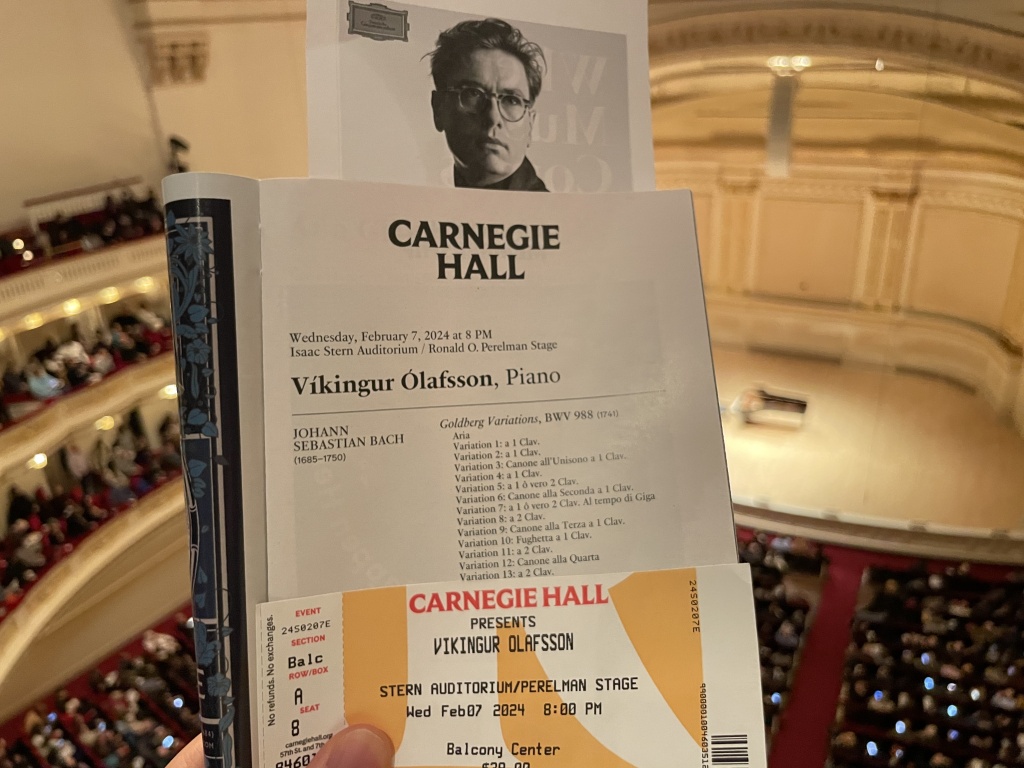In about two months after the movie was released, I watched it nine times, bought the script, and decided to write down all the thoughts that came to mind.
- All double quotation marks are directly from the movie.
- Spoiler Alert!
Unorthodox thoughts on love. Seorae is not bad.
This film affirms an unorthodox idea of love by capturing a subject “collapsing” between instinctual attraction and the reality principle, and looks sympathetically at the sound and “dignified modern man.”
Detective Haejun is a person who makes a living by seeing things correctly, but he cannot see his own desires correctly. On the other hand, the suspect, Seorae, is honest about her desires and has no hesitation in following them. As the movie reaches its midpoint, the relationship between the detective seeking the truth and the suspect trying to hide the truth is reversed. The detective conceals his desires, and the suspect voluntarily submits evidence and uncovers the truth.
The film satirizes the contractual relationship of marriage, which exercises exclusive monopolization over a person’s entire being (both body and mind). The Haejun (Park Hae-il) and Jung-an (Lee Jung-hyun) couple, who no longer feel attracted to each other, live together in order not to get divorced. Jung-an’s efforts to maintain the marital relationship even seem somewhat grotesque.
(Director Park Chan-wook revealed in an interview that while the character of Jung-an was originally designed to be more grotesque, certain scenes depicting her in a more grotesque manner were omitted from the final cut of the film due to the director’s personal regret towards actress Lee Jung-hyun.)
“Do people in Korea stop liking someone when they find out that person is married?” (Seorae)
The awkward word choices and slurred pronunciation of Seorae (played by Tang Wei) invites deeper contemplation, indicating that there are no boundaries or controls when it comes to instinctual attraction. We cannot “halt” our hearts. The director seems to be asking: “Can we stop our hearts based on age differences, gender, or marital status? Should we even try?” Despite restricdting conditions, the act of “liking someone” is inherently something we cannot “halt.” Through Seerae’s words, the director supports this viewpoint.
“Am I such wicked?” (Seorae)

From the beginning of this love I’ve felt that unless I threw myself into it unreservedly, committing myself to it whole-heartedly, fully and forever, there would be absolutely no chance for me, and if I’ve thrown myself into it in the above-mentioned way, that doesn’t alter the fact that the chance is very small. But does it matter to me if the chance is larger or smaller? I mean, must I, can I, take that into account when I love? No — no thought to the winnings — one loves because one loves. … Oh Theo — let’s not talk about it, if you and I love then we love, that’s all there is to it. And then we keep a clear head and don’t cloud our minds nor restrain our feelings nor quench the fire and the light — but say simply, thank God — I love.
Vicent van Gogh’s letter to Theo
Like Gogh’s letter, there can be no calculation in love. The essence of Eros is purposelessness (no aim) and indiscrimination (no object). Is the reality principle, which suppresses desire, bad? Is Seorae, who is honest about her desires, bad? This movie asks the audience to “try to see their minds rightly” from beginning to end.
According to Haejun, more than half of the deceased die with their eyes open. Despite using eye cleaner, Haejun’s eyes are like those of the deceased-open but unable to see.
“Wind, please clear away the fog. … Open your eyes in the fog.” (From the OST of the film)
Psychoanalytical Symbols

René Magritte, The Lovers, MoMA in Manhattan.
1. Eros and Thanatos
Eros only dreams of union with the desired object, without boundaries or purpose. Again, purposelessness (no purpose) and indiscrimination (no object) are the essence of Eros. When the reality principle blocks the energy of Eros, the ego enjoys a disguised peace by repressing the desire, but in return, it gives itself to Thanatos, the power of death and destruction. For example, when blocked by the reality principle, the murderer Hong Sanho, who shows a suicidal impulse, is dominated by Thanatos and commits suicide when he is unable to achieve love with his lover. However, unlike Haejun, Hong Sanho was a man who was honest about his desires. His eyes are the eyes that see rightly.
Seorae symbolizes Eros, while Haejun is under the dominion of Thanatos. The circumstances of being married and the reality principle of being a “proud police officer” prevent Haejun’s desires. The power of Thanatos in Haejun is expressed externally through his obsession with the murder case (a kind of neurosis), and it also turns inward in the form of more severe depression and insomnia. Only when he is with Seorae, even during his stakeout to watch her, can Haejun fall asleep.
Seorae recites a spell while putting Haejun to sleep. It is a spell to forget about the reality principle and discover the desires hidden deep in the unconscious mind. The sea and water symbolize the unconscious.
“Now go to the sea. Go into the water. You are a jellyfish. You have no eyes or nose. No thoughts.” (Seorae)
2. Return of the Repressed.
At the moment when the murder case is resolved, Haejun’s desire is resolved as well, by admitting for the first time his feelings for Seorae. However, upon realizing that the case hasn’t truly ended, Haejun becomes trapped once again by reality principles. In other words, he must “halt” his heart. But the heart cannot be “halted.”
“Throw that phone into the sea. Let it sink deep so no one can find it.” (Heajun)
If the heart cannot be halted, it must be repressed. Haejun pushes his forbidden desires, along with the evidence of the murder case, into the subconscious symbolized as the “deep sea.” The murder case becomes unresolved again, and the desire that Haejun deliberately ignored remains unresolved as well. This will eventually come back to haunt Haejun making him “shattered” once again. Thus, Freud’s famous dictum: “Return of the repressed.”
“After leaving me, you couldn’t sleep comfortably for a single night, right? Even when you forced your eyes closed, you saw me, right? When we accidentally met again in the market that night You suddenly felt like you were living again, right? At last.” (Seorae)

In the scene where the two reunite, there is a scene where the dim fish’s eyes are wiped away. Now Haejun will open his eyes. The desire for Seorae, which had been buried, arises again and more intensely.
3. Kiss on the cliff. A kiss of salvation bestowed by Eros.

In the deep night, Haejun and Seorae stand facing each other on the cliff. Seorae has called Haejun to a place without fog to help him open his eyes again. The searchlight on Seorae’s head continues to shine on Haejun’s eyes as if performing eye-opening surgery like a doctor. And then, their first kiss.


This scene immediately evokes Gustav Klimt’s “The Kiss.” Two lovers are kissing on a cliff. A kiss of salvation from Eros to the subject dominated by Thanatos. (It is well known that Klimt was greatly influenced by Freud.)
Director Park Chan-wook has commented that Seorae follows her own principles and desires rather than the reality principle, and therefore, while she may not be a figure to be ethically admired, she is certainly an attractive character (and thus he indirectly affirmed Seorae’s love). That is why Haejun likes Seorae, that is, her “upright” attitude that he lacks. Haejun acknowledges his desires again.
“You’re curious why I like you, right? Seorae, your body is upright. Few people are so straight without being tense. I think that tells me a lot about Seorae.” (Haejun)
4. The death of Seorae. Orpheus and Eurydice.
The scene where Seorae buries the dead crow foreshadows her own death. She uses the same water bucket she used then to dig her own grave.
The imagery of descent shown in Seorae’s death resembles the myth of Orpheus and Eurydice. In the myth, Orpheus rescues Eurydice from the underworld, but on their way back, he fails, causing Eurydice to descend back to the underworld.
This contrasts with the imagery of ascent shown when they first confirmed each other’s feelings. If we substitute the underworld (Hades) with the unconscious, this myth parallels the plot of the movie.




Perhaps it was the kiss bestowed by Eros (Seorae). Haejun realizes his desire for Seorae, which he has repressed in the unconscious. However, he cannot overcome the reality principle and Seorae’s desire is dragged back down to the deeper underground world of the unconscious.
“When did I say I loved you? When?” (Haejun)
“Haejun, throw away the phone you found in the sea. Throw it into a deeper sea.” (Seorae)
With the original recording file of Haejun’s voice saying he loves Seorae, Seorae descends into “deeper waters.”
Usually, the sea symbolizes the unconscious, and in this film (as per the director’s words), it particularly represents the overwhelming power of waves, something that overwhelms human will, causing chaos, hinting at the human unconscious and the desires and motives inherent there.
In the setting where the unconscious and desires swirl along the seashore, Haejun suddenly awakens to his desire for Seorae and sets out to find her. But, Seorae is no longer there, and so, his desire remains unresolved, sinking deeper into the unconscious forever.






Now, Seorae is right under Hae-jun’s feet, unresolved in his unconscious, as an unfulfilled desire, and will forever come back to haunt him, just as Orpheus was haunted. Haejun, like Orpheus, will gradually wither away.
“I think I came to Ipo to become your unresolved case. Put my picture on the wall and find yourself unable to sleep, only thinking about me.” (Seorae)
Only shame remains.
I wanted only to try and live in accord with the promptings which came from my true self. Why was that so very difficult?
Hermann Hesse, Demian.
Perhaps because Haejun could not follow his desires like “upright” Seorae and instead conformed to the reality principle? Haejun feels a deep sense of shame for not living “in accord with the promptings which came from [his] true self.”













